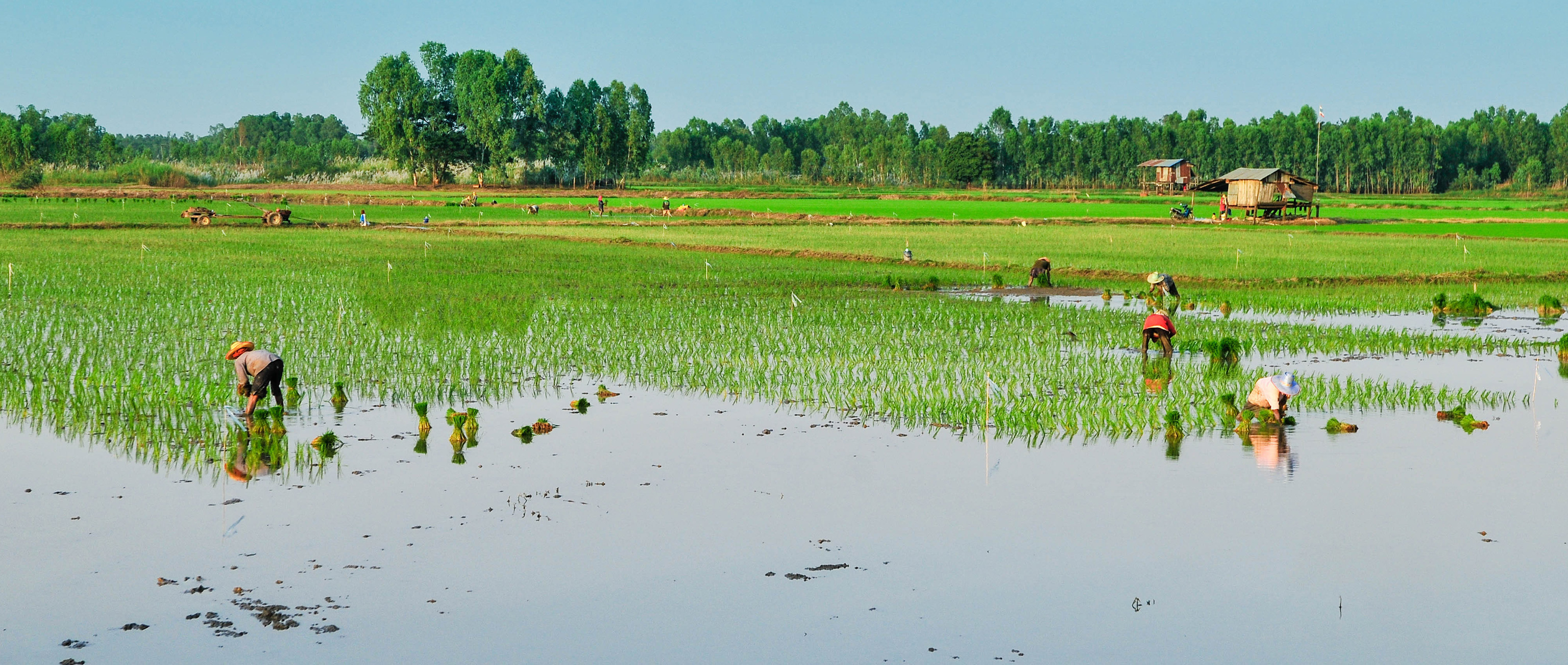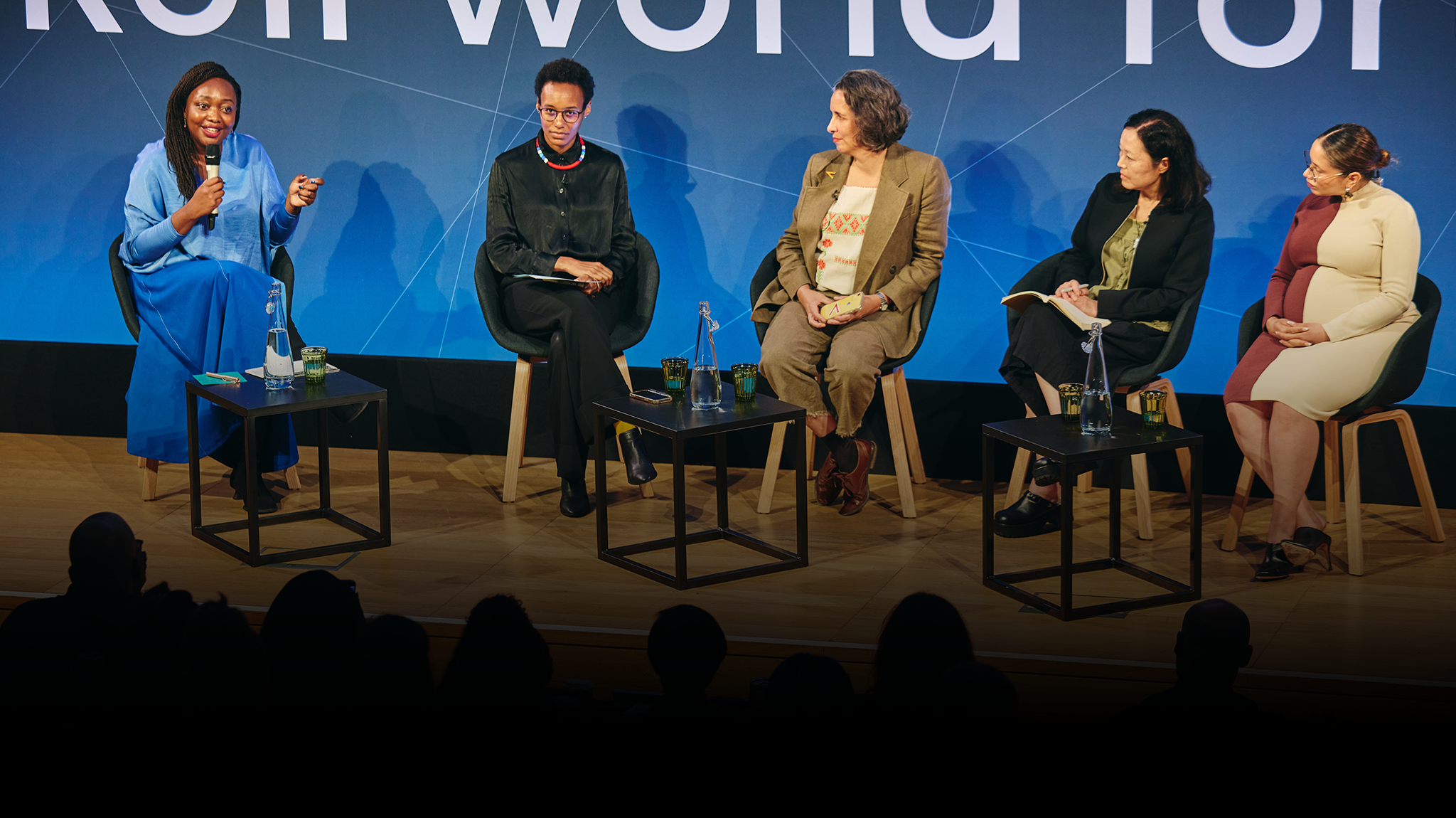Secure Land Rights: A Sustainable Solution at the Intersection of Climate Change and COVID-19
COVID-19 and climate change are impacting all of us, but the dual disasters have a disproportionate impact on communities in emerging economies. These impacts are felt most acutely in rural areas, especially among indigenous communities and minority groups, and by women and others who are marginalized within those groups.
One fundamental factor unites them in their plight: rights to the land they depend on for food, identity, and survival, are too often insecure. Land rights in rural areas were already crucial for securing dignity and escaping poverty; but COVID-19 and climate change make land rights an increasingly vital solution in rural areas.
In India, the collapse of urban job markets has precipitated the largest human migration in the country since the Partition of India in 1947, as millions of workers return to their native villages – putting additional pressure on land that is often already degraded by adverse weather and drought.
In Latin America, a “triple pandemic” – COVID-19, rampant deforestation, and growing violence against indigenous and Afro-descendant community leaders – has ravaged communities already grappling with land insecurity and deeply rooted discrimination.
In Tanzania, a woman widowed by the coronavirus is unable to halt the illegal sale of her land due to travel restrictions brought on by the pandemic – she’s unable to travel to court to appeal for her rights to land.
As communities grapple with climate change impacts amid a public health crisis, they are now increasingly facing opportunistic land grabs by governments and local actors angling to take advantage of the turmoil. Given that land offers security, shelter, income, and livelihoods for many people living in rural areas, insecure land rights exacerbate an already tenuous balance of survival for many communities.
Women and Indigenous populations face the greatest threats from land loss due to their lack of legal property rights. The co-occurring crises of climate change and COVID-19 have stacked the deck against populations with insecure land rights, and threaten the very existence of many Indigenous populations. Securing these land rights for rural communities, however, can unlock opportunities to build climate resilience while also lowering the future risk of another infectious disease outbreak.
The time for action is here. This month, ongoing discussions at the 75th session of the UN General Assembly (UNGA) and upcoming programming at Climate Week NYC will offer crucial platforms for governments and the international community to address the shortcomings of protections for landless people and the intersection of COVID-19 and climate change.
Land rights for rural land users offer a solution to injustice at the local level and to global crises like COVID-19 and climate change.
COVID-19 and climate change are more deeply connected than simply through the strife they cause. Climate change is exacerbating the spread of new infectious diseases, like COVID-19, through increased temperatures, more frequent storms, shifting habitat availability, and degraded land. On top of that, human-driven threats to biodiversity, like intensifying agriculture, urbanization, resource extraction and deforestation have strained ecosystems, making them vulnerable to being overrun by alien species and pathogens.
Degraded environments pressure animals and people into competition over the same habitats. This newfound closeness is a prime opportunity for the transmission of new pathogens from animals to people; paired with globalization, the consequences can be a full-blown pandemic. As we now confront an ongoing pandemic of massive scale, we must look for ways to contain emerging infectious diseases before they can ever spread to people.
Land tenure and inclusive governance that align with human rights, climate change, and conservation frameworks may be crucial to preventing future pandemics. The Intergovernmental Panel on Climate Change’s 2019 report on land argues that a rights-based approach to land use change could leverage local knowledge (especially women’s and Indigenous People’s expertise) and preserve environments to potentially reduce the risk of future outbreaks.
Further, emerging evidence suggests that when women hold secure rights to land, efforts to protect biodiversity and address climate change are more successful. Additional evidence reports that land tenure rights of local communities and Indigenous groups are central to biodiversity preservation and sustainable development; both are key to building climate change resilience and preventing the degraded ecosystems that aid the spread of zoonotic diseases.
Representative land rights and governance should be advanced as part of the solution for building climate resilience and preventing future outbreaks as we continue to reckon with the co-occurring crises’ ongoing impacts.
With global phenomena of this complexity and consequence, building resilience is necessarily a cross-sectoral effort. We must broaden our thinking to push forward solutions that address multi-pronged challenges at their source and center power in the hands of local actors.
COVID-19 has revealed shortcomings in global governance and cooperation. Now we have a unique opportunity to direct energy toward sustainable solutions at UNGA, Climate Week NYC, and beyond. By strengthening land rights for rural communities, we can achieve sustainable development priorities and reduce the risk of facing this degree of suffering ever again.
Want more stories of transformational change on the world’s most pressing problems? Sign up for Skoll Foundation’s monthly newsletter.



